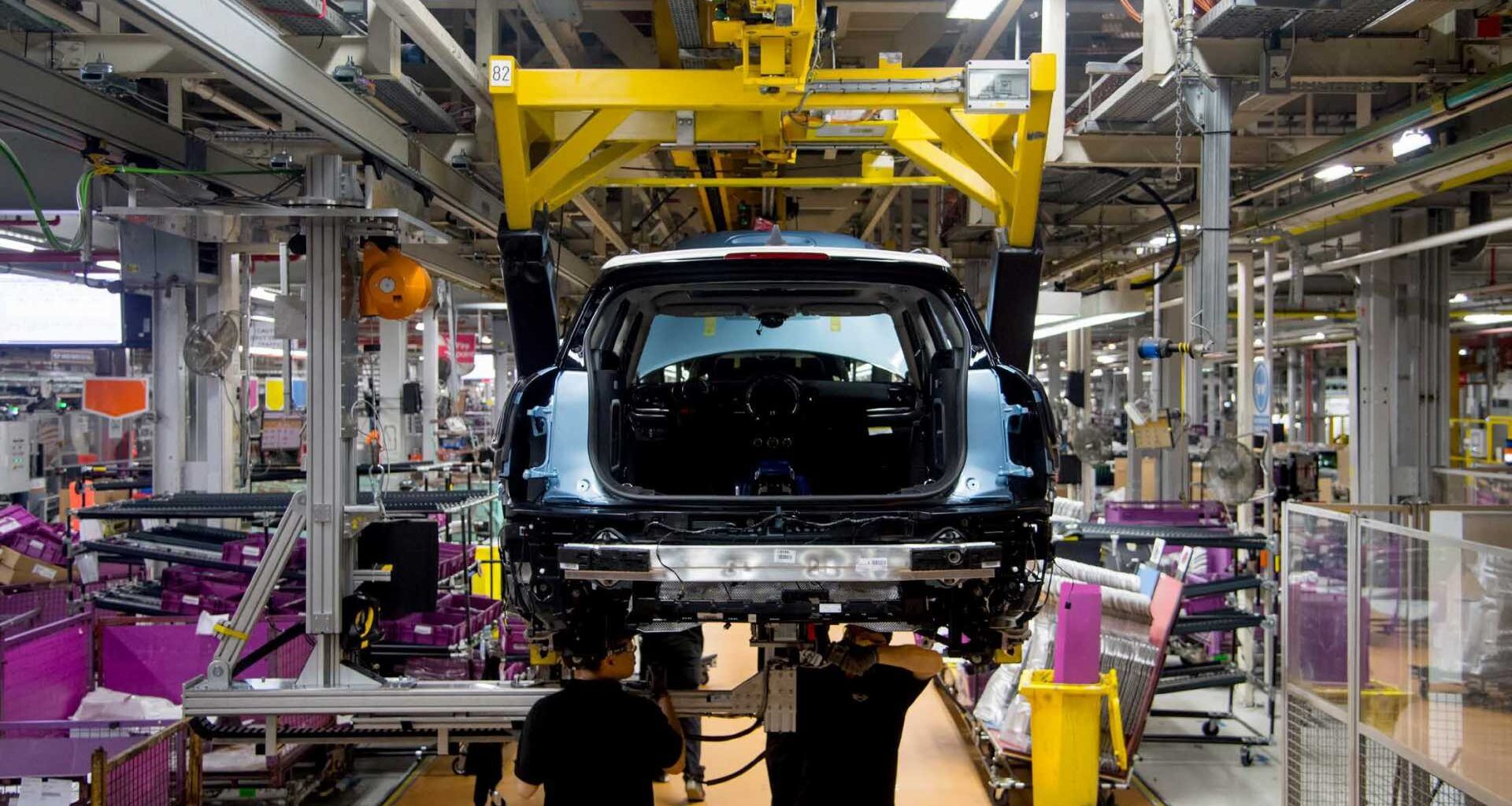The UK automotive industry remains a global trading powerhouse five years after Brexit, generating £115bn in imports and exports in 2024, according to the latest Society of Motor Manufacturers and Traders (SMMT) Trade Report, Unmarked Routes: Britain’s Pathway to Stronger Automotive Trade. It marks the third consecutive year the sector is set to surpass £110bn in trade, despite operating in what the SMMT calls “the most challenging environment in decades.”
While the figures underline the sector’s resilience, they also expose the shifting dynamics of UK-EU trade. Brexit has fundamentally altered conditions, introducing new customs requirements, regulatory divergence and additional tariff risks. Bilateral trade with the EU has slowed compared to global markets, yet the bloc remains the UK’s most important partner, accounting for £68.4bn of trade last year – nearly 60% of the sector’s total.
Electrification is reshaping this relationship. Cross-Channel trade in electric vehicles (EVs) has surged 424% since 2019, rising from £4.6bn pre-Covid to almost £24bn in the 12 months to June 2025. UK exports of battery electric, plug-in hybrid and hybrid vehicles to the EU now outpace shipments of traditional combustion engine models, while EU EV exports to the UK, worth £17.6bn, have overtaken sales of petrol and diesel cars for the first time.
However, this growth faces significant headwinds. Tougher rules of origin for batteries, due to take effect in January 2027 under the UK-EU Trade and Cooperation Agreement, could impose tariffs of between 10% and 22% on electrified vehicles that fail to meet local content thresholds. The industry warns that with battery supply chains still scaling up, meeting these requirements within 16 months is unrealistic. Without clarity, the competitiveness of EVs in both markets could be severely undermined.
The SMMT is urging government to negotiate a workable definition for cathode active materials, monitor compliance with the 2027 rules, and accelerate efforts to rejoin the Pan-Euro Mediterranean (PEM) Convention to widen market access and ease origin requirements.
Mike Hawes, SMMT Chief Executive, said: “Despite the most difficult environment in decades, UK Automotive remains a powerhouse of global trade. But the global trading environment is getting tougher. Forging closer trading relationships, notably with the EU, and putting automotive at the heart of industrial and trade strategy will enable us to grow our economy, create thousands of highly skilled jobs, and lead the charge toward net zero.”
For more articles like this, visit our Leadership channel
